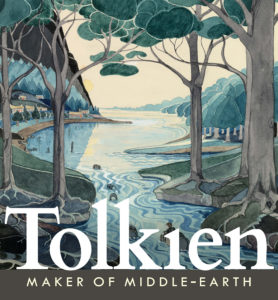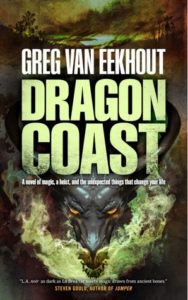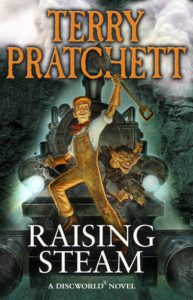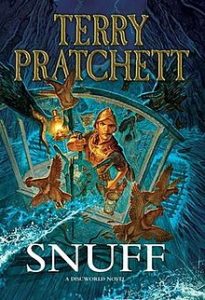London: A Life in Maps began as a volume accompanying an exhibition at the British Library in 2006. (The exhibit lives on in virtual form at the Library’s web site.) The book was first published that year, and when it kept selling for more than a decade, revised for a new edition published in 2017. The exhibition was apparently divided into eight thematic areas, but Whitfield divides London’s history, unlike Gaul, into four parts: before the Great Fire of 1666, an “age of elegance” after the Fire (something of a long 18th century), a 19th-century metropolis in the Regency and Victorian periods, and suffering from “the shock of the new” in the 20th and 21st centuries.
Twelve years on, the book is a reasonable substitute for a visit, and likely provides more background than the signage offered at the time. Whitfield’s volume is printed in a large format, full color on every page, and if there is a two-page spread without an illustration, I didn’t notice it. From the four chronological parts, Whitfield further divides his text into individual topics — Renaissance London Revealed, Copperplate: From Picture to Map, Shakespeare’s London, to choose four from the pre-Fire section — that are each just a few pages long. The approach adds up to a book that reads quickly, offers fascinating detail on selected items, and allows various themes to emerge over the course of the work.
One of the most prominent theme is how minimally London has been governed over time. Since at least the late medieval period, when Whitfield’s account starts, there have been competing sources of power, wealth and authority along the Thames. In the beginning, royal power, Church authority and the financial muscle of the the City supported and competed with one another. The English Reformation, and particularly Henry VIII’s dissolution of the monasteries and other Church institutions broke ecclesiastical authority and tipped the balance very much in favor of the Crown. Royal ambitions required money, and that gave more leeway to the City. At the same time, the king gave former Church estates over to members of the aristocracy, greatly enhancing their power and laying the groundwork for much of London’t future development. Even as centuries passed, London never developed a central governing authority. The City proper guarded its prerogatives. Surrounding areas fell under one form of government or another, and these seldom worked in concert. Even in the 19th century, the railroads and the Tube were private initiatives, barely coordinated at best, destructively competitive at worst.
On the narrow subject of maps and London, Whitfield traces how art, law, commerce and technology have all shaped how the city is depicted, and how that has changed over time. The first printed views of the city are exactly that: panoramas showing how London appeared from a particular vantage at a distance. These were followed by artifacts such as the Agas Map of 1633 that are half map and half view. Whitfield supplements the maps and panoramas with period illustrations. I was very interested to see, for example, pre-Fire buildings that survived into the early 19th century or the Gothic St. Paul’s.










